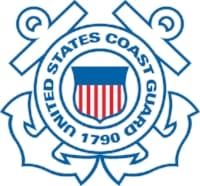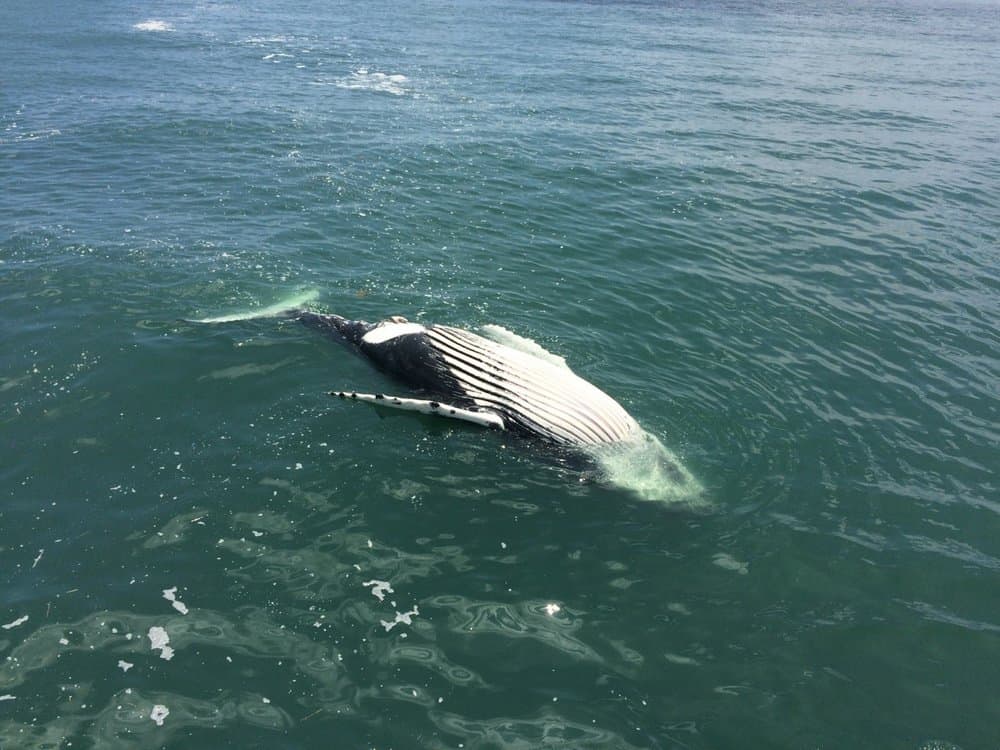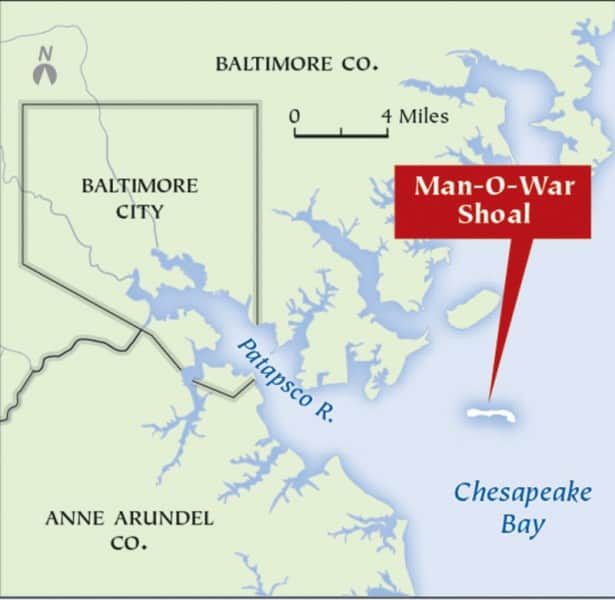Coast Guard command centers in Virginia saw a spike in suspected hoax distress calls this November.
USCG Watchstanders at Sector Hampton Roads in Portsmouth say they tend to see an increase in traffic on VHF-FM channel 16, typically used for emergencies, in late fall. And they also see an increase in false distress cases reported there. But the Coast Guard didn’t venture to guess why that is.
They do emphasize the fact that phony mayday calls will not be taken lightly.
“We, along with our partner agencies, will pursue the prosecution of suspects to the fullest extent of the law. A Newport News man was convicted of making a false distress call to our command center in June 2016 and now faces potential prison time. He is scheduled to be sentenced in February,” says Capt. Richard Wester, commander of Sector Hampton Roads.
Hoax distress calls to the Coast Guard are considered a Class D felony and can incur more than $250,000 in fines and 10 years imprisonment, plus the cost of the search.
USCG also reminds us: if it turns out that children are playing on the radio, their parents will be held accountable.
“False distress calls incur significant cost to the public, divert limited resources to respond, and place both responders and potentially other mariners at risk,” said Capt. Bion Stewart, commander, Sector North Carolina. “We continue to encourage mariners to use VHF radios to communicate with the Coast Guard and other mariners, but it is imperative that this critical, potentially life-saving tool be used appropriately and responsibly for the safety of all mariners.”
The Coast Guard urges the public to respond to Coast Guard callouts after accidental transmissions. Unintended communications to the Coast Guard are not prosecuted, but require clarification.
Anyone with information regarding a hoax call made to the Coast Guard is encouraged to contact the Coast Guard Investigative Service through the 5th District Command Center at 757-398-6390.




